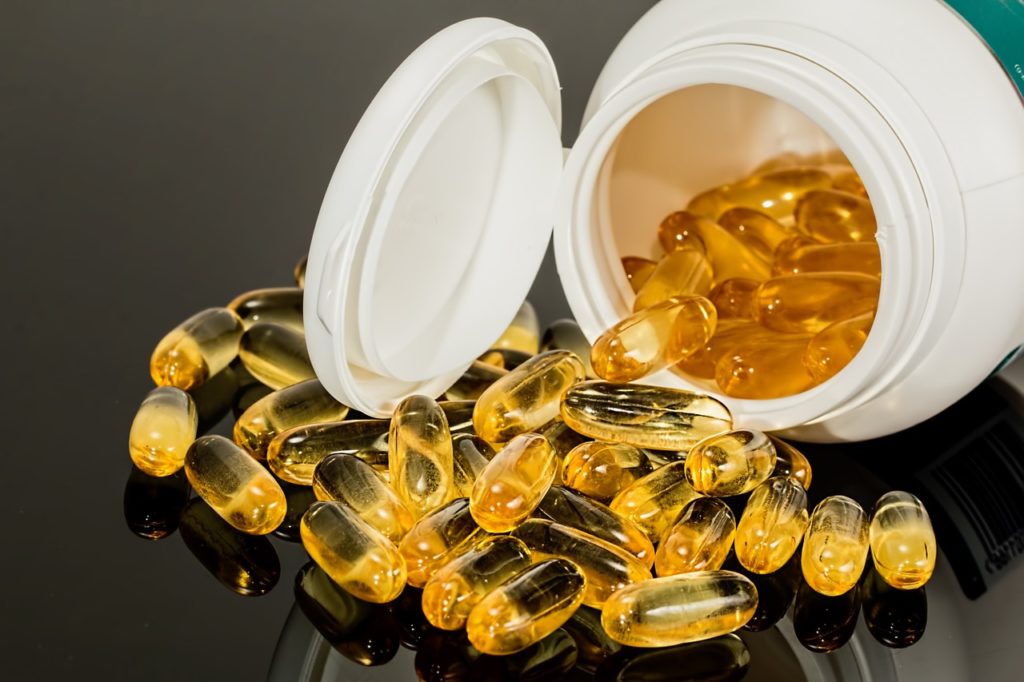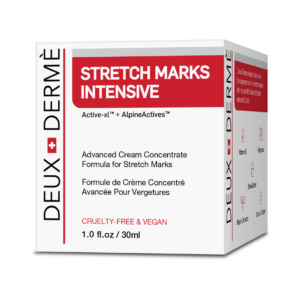Most women are aware that the things they take in to their bodies while pregnant can affect their unborn babies. Drinking alcohol, smoking, and taking over the counter medicines or prescriptions should obviously be avoided unless approved by your OB/GYN.
However, did you know that simple exposure can also affect your baby? Products and chemicals applied to the skin or inhaled can be just as damaging as those you consume. Because of this, it’s critically important to fully investigate the beauty products you use while pregnant.
Generally popular for pregnant women because of their increased risk are stretch mark prevention products. A common product for preventing stretch marks is Vitamin E oil. Below, we discuss one study’s findings on the potential dangers of Vitamin E intake during pregnancy. Keep in mind that this is intended to be informational only; you should always check with your doctor when making a determination on whether or not a product is safe for use during pregnancy.
Potential Dangers of Vitamin E Use During Pregnancy
A study published in BJOG: An International Journal of Obstetrics and Gynecology in February of 2009 found that high consumption of Vitamin E during pregnancy resulted in an increased risk of infant congenital heart disease.
The study was conducted by surveying 757 mothers: 351 were mothers of children suffering from congenital heart disease, and 406 were mothers of healthy children. Each mother completed a food frequency questionnaire, answering questions about their food intake for the previous 4 weeks. The mothers were also asked if their diet had changed since they’d given birth, and mothers who said their diet was different after pregnancy than during pregnancy were removed from the study.
What remained were 600 valid study participants: 276 who were mothers of children suffering from congenital heart disease, and 324 who were mothers of healthy children. The researchers then evaluated the surveys in order to determine potential factors leading to congenital heart disease in infants.
What they found was that the mothers of children with congenital heart disease had a significantly higher daily intake of Vitamin E than the mothers of healthy children. The study concluded that higher-than-recommended levels of Vitamin E consumption could lead to congenital heart disease in infants, with the highest risk periods being just before conception and during early pregnancy.
Conclusions
While this study covered intake of Vitamin E and not application of it, the findings are worth considering when determining the safety of Vitamin E oil use during pregnancy because of the ability for exposure to have an impact on fetus development. While it may be possible that Vitamin E applied to the skin isn’t absorbed into the body in the same way that it is when ingesting it, it’s still worth careful consideration when choosing a stretch mark prevention product.
If you have concerns about the safety of Vitamin E and other ingredients in beauty products during your pregnancy, make sure to consult with your doctor.


